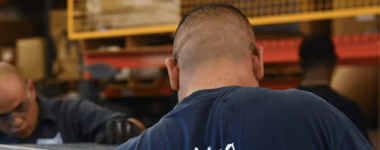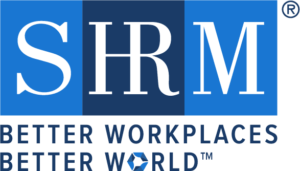Last Word
By Piper Kerman, author of Orange is the New Black: My Year in a Women’s Prison
 Like millions of Americans, I have a criminal record. I served 13 months in federal prison for a drug offense and was released in 2005. While I was locked up, Dan Hoffman, a friend who headed a technology company that delivered VoIP phone service, would visit me and he would say, “Hurry up and get out of here, the marketing department needs you!” A week after I was released from prison, Dan and his executive team—and all my coworkers—gave me a second chance. My new life began with a new job.
Like millions of Americans, I have a criminal record. I served 13 months in federal prison for a drug offense and was released in 2005. While I was locked up, Dan Hoffman, a friend who headed a technology company that delivered VoIP phone service, would visit me and he would say, “Hurry up and get out of here, the marketing department needs you!” A week after I was released from prison, Dan and his executive team—and all my coworkers—gave me a second chance. My new life began with a new job.
I can’t tell you what a difference that second chance meant to me—it is beyond measure. Along with a salary and health care coverage, the job gave me a sense of normalcy after the experience of incarceration, an experience that by design is deeply traumatizing and dehumanizing. My return to the workforce, taking my place among my colleagues at a growing company, was an essential step in my transformation from a prisoner back to a productive citizen. I was able to shed the identity of an incarcerated person and step forward toward my future in large part because of that first job after prison.
The reality for most people returning home from prison or jail is different.
Significant opportunity gaps and inequality in education, housing, and safety are compounded by the stigma of a criminal record. The struggle to find work is the number one problem that I hear about from other people who, like me, have a past conviction, as they strive to succeed and meet their responsibilities. The stigma they face is powerful, and most folks don’t have a Dan Hoffman who can give them the second chance they need. The truth is the U.S. needs more employers who are courageous enough to offer a fellow human a second chance—and in return they can get great employees.
There are 700,000 people coming home from prison and jail every year in the U.S. They want to return to their families and communities, regain their lives, and make a positive contribution.
An estimated 70 million Americans have some sort of criminal legal record—an arrest, a misdemeanor, or a felony conviction. It is a grave mistake to sideline such a large percentage of people from jobs they’ll be good at and grateful to have. It is a disservice to them and a disservice to companies who need hardworking, talented people. I know from personal experience behind bars that you’ll find bright, capable people whose skills and talents would be an asset to any company; their past mistakes should not prevent future accomplishments. A prison sentence marginalizes people who have transgressed and pushes them away from their communities. Meaningful work at a living wage brings a person back into the fold of the community and reinforces that there is dignity in labor and value placed on that labor in the form of fair compensation.
It’s important to recognize companies and organizations giving people the second chance they have earned; the good news is that there are more and more people doing it right.
Early movers in the private sector, like Michigan’s Butterball Farms, have shown a strong business case for hiring people with past criminal justice involvement. Innovative companies like Ohio’s Hot Chicken Takeover and Dave’s Killer Bread in Oregon show us that including social purpose in a business plan can yield wild success. National nonprofits like the Center for Employment Opportunities help the private sector find qualified workers and navigate questions on fair hiring practices. And programs like Inmates to Entrepreneurs, based in North Carolina, recruit and train prisoners to prepare for their release day with business plans and the necessary skills to succeed as self-employed entrepreneurs when they return home.
We have all needed second chances in our lives. We all know what it feels like when we need someone to see us for who we really are and not punish us indefinitely for our bad decisions. The bottom line: we need to create pathways back to being members in good standing in every community. Innovative businesses can make this progress happen on a much larger scale so that individuals, companies, and our American economy can reach their full potential. We simply must find the will to make that opportunity a reality for all people after they have done their time.







